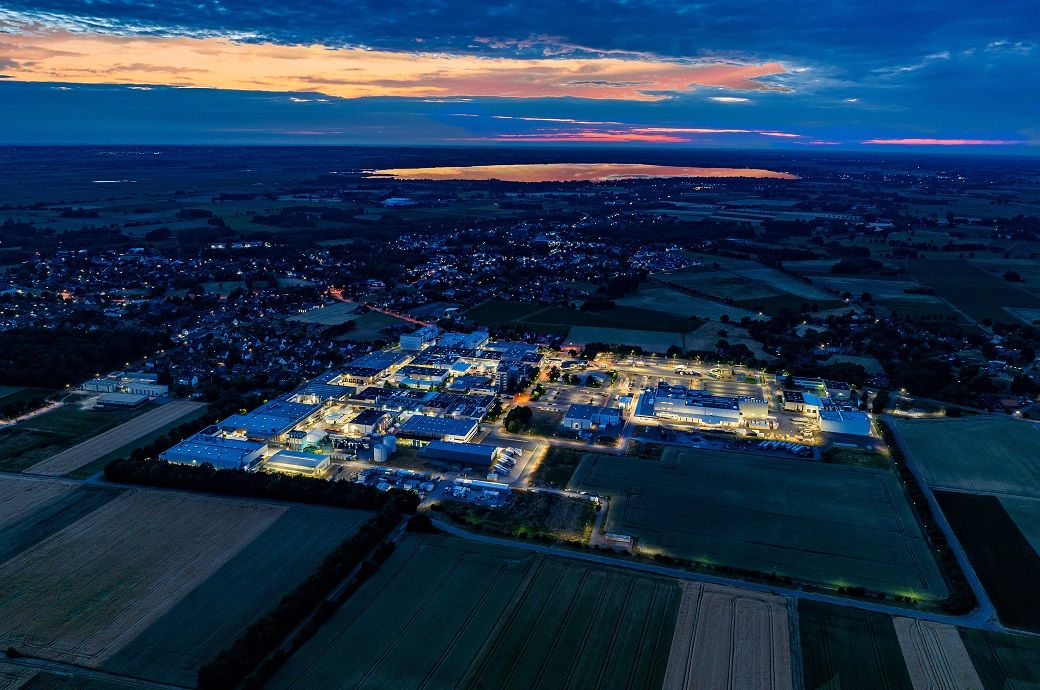Entertainment
BASF Lemförde Achieves ISCC PLUS Certification for Polyurethanes

BASF’s plant in Lemförde has successfully secured ISCC PLUS certification for the production of biomass-balanced thermoplastic polyurethanes. This milestone marks a significant expansion of BASF’s sustainable product offerings. By leveraging mass balance and REDcert2 certifications, BASF is committed to delivering lower carbon dioxide output by substituting fossil-based raw materials with renewable alternatives, thereby promoting sustainability and traceability throughout its production chain.
The ISCC PLUS certification allows BASF to manufacture thermoplastic polyurethanes that incorporate this biomass-balanced approach. The company has also completed its annual REDcert2 recertification for several polyurethane systems and thermoplastics, reinforcing its dedication to sustainability and assisting clients in meeting their eco-friendly objectives.
BASF’s mass balance methodology enables the replacement of fossil-based resources with renewable or recycled materials within its integrated production framework, ensuring that specific products maintain their quality and performance characteristics while benefiting from a reduced carbon footprint. For instance, Elastollan 1185 A10 FCI, utilized in applications such as food contact and medical engineering, can now be offered as an ISCC PLUS certified product. As Artur Pfeif from BASF’s TPU product management points out, this solution allows clients to achieve a lower carbon footprint while avoiding any technical modifications to their processes.
The ISCC PLUS certification encompasses the entire production chain, confirming that the renewable raw materials replace the specified quantity of fossil resources. This certification is internationally recognized and adheres to the stringent mass balance principles. Complementing this is the REDcert2 standard, which guarantees the correct allocation of renewable resources within BASF’s supply chain. Both certifications stem from rigorous independent audits that validate the sustainable sourcing of biomass utilized in the chemical sector.
In summary, BASF’s achievement of ISCC PLUS certification is more than a procedural milestone; it underscores the company’s commitment to transparency and high sustainability standards, enabling customers to confidently pursue their own environmental objectives. This development not only advances BASF’s efforts in sustainable manufacturing but also aligns with increasing demands from both producers and consumers for reduced reliance on fossil resources and diminished greenhouse gas emissions.
